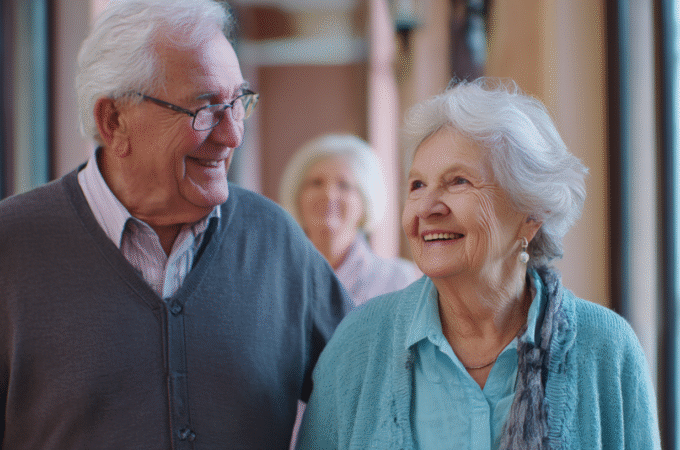
International Day of Happiness – A Reminder of Mankind’s Eternal Pursuit
In 1980 an abandoned newborn orphan was rescued at a roadside in a crowded Indian city. He was named Adam and raised by missionaries. As an adult Adam worked with a charity. He witnessed the suffering of thousands of children living in slums and orphanages. Adam held responsible the nations and economic systems which created such conditions. Adam was renamed Jayme Illien, and eventually went on to become the CEO of the ‘United Nations New World Order Project’. This is where he formalized a proposal to observe one day each year toward spreading the ideal of happiness. In June 2012 the UN passed resolution 66/281 with the unanimous consensus of all 193 member states, and the United Nations International Day of Happiness (UNIDOH) was born.
Happiness as a human right (and goal)
The UN Charter of 1945 articulates ideas such as higher standards of living, human rights, fundamental freedoms, and absence of discriminations. All of these are essentially aimed toward achieving global happiness. In 2015 UN member states agreed upon 17 Sustainable Development Goals (SDGs) to be achieved by 2030. These goals include ending poverty, fighting inequality and addressing the urgency of climate change. The UN has always been supportive of working toward collective happiness. The formal observance of UNIDOH in 2012 merely articulated the recognition of happiness as a human right. It is a day observed to spread the awareness that “the happiness, wellbeing, and freedom of all life on earth is the ultimate purpose of every human being, nation, and society.”

The idea of happiness as a national goal is not new. ‘Gross National Happiness’ (GNH) is more important than GDP for the residents of Bhutan. On UNIDOH the UN encourages all nations to follow the example of this small country, and prioritize happiness. 20th March was chosen as the date for UNIDOH because it marks the annual vernal equinox, a global phenomenon which is symbolic of new beginnings.
The case for happiness
Global happiness only exists when everyone is free from oppression and disease, and has enough to eat. During his work Jayme Illien saw much strife throughout the world. He witnessed people suffering from the effects of war, genocide, malnourishment, extreme poverty, discrimination, and other human evils. He concluded that it was our archaic economic and governance systems which create these adverse conditions. Former UN Secretary-General Ban Ki moon echoed these views. In 2013, in an address to the UN General Assembly he urged world leaders to end the “old world and obsolete tyranny of the status quo…” He felt that sweeping changes were needed, but were seen as “costly or unrealistic”.
In order to end the many forms of human suffering it is essential to address key issues. Humanity’s major institutions suffer from entrenched biases regarding race and gender. Biases hinder intellectual creativity and meritocracy. They violate ethical norms. The solutions require open discussions about issues which are considered taboo. Progress demands radical changes to the way institutions and governments work, and how they are structured. There is an inherent resistance to change. This has become a resistance to progress. A case in point is global climate change caused by the burning of non renewable fuels. We have long had the technology to fulfill all of mankind’s energy needs from renewable sources. However, our archaic systems render this shift economically unprofitable.
“Happytalism”
Illien found part of his inspiration for UNIDOH in the US Declaration of Independence. To promote sustainable and holistic development he created a radical solution – A completely new economic theory called “Happytalism”. While UN members welcomed the idea of UNIDOH unanimously, they did not endorse “Happytalism” despite theoretical evidence that it would work. The “Happytalism” White Paper is accessible online and is currently under peer review.

The UN annually publishes something called the ‘World Happiness Report’. It ranks countries on happiness based on interviewees’ responses. As of 2019 Finland is the happiest place on Earth. Canada ranks ninth. Millions of migrant workers live in Canada and routinely send remittances back home to their families using the Ria money transfer app. Remittances improve the quality of lives of millions and bring them much happiness.
About the author:
Hemant G is a contributing writer at Sparkwebs LLC, a Digital and Content Marketing Agency. When he’s not writing, he loves to travel, scuba dive, and watch documentaries.




